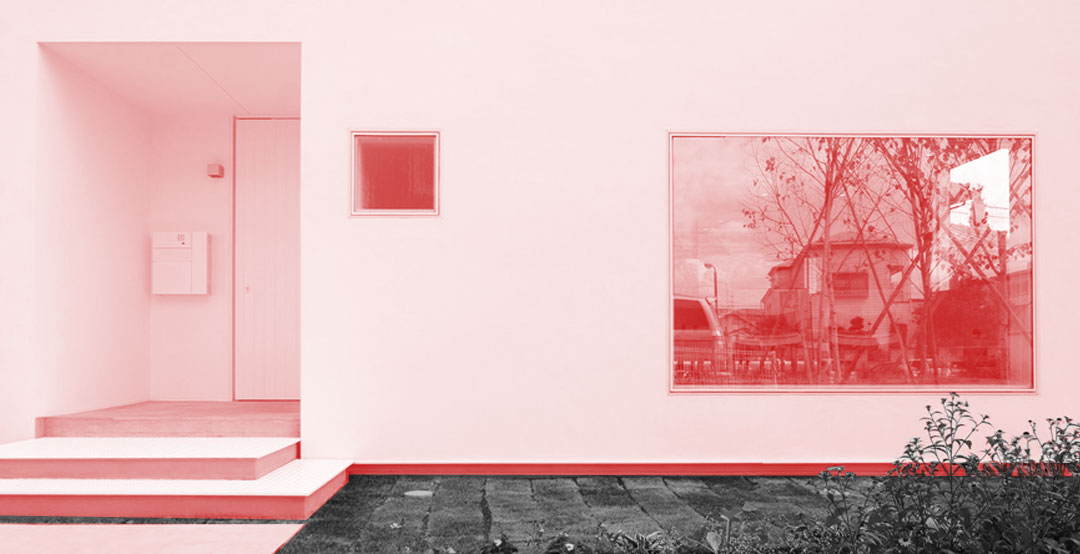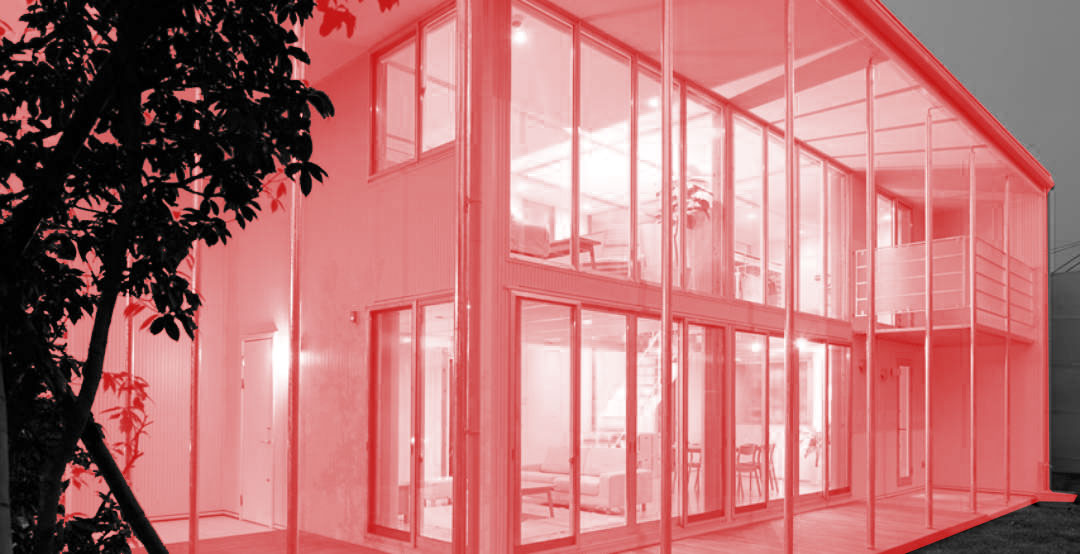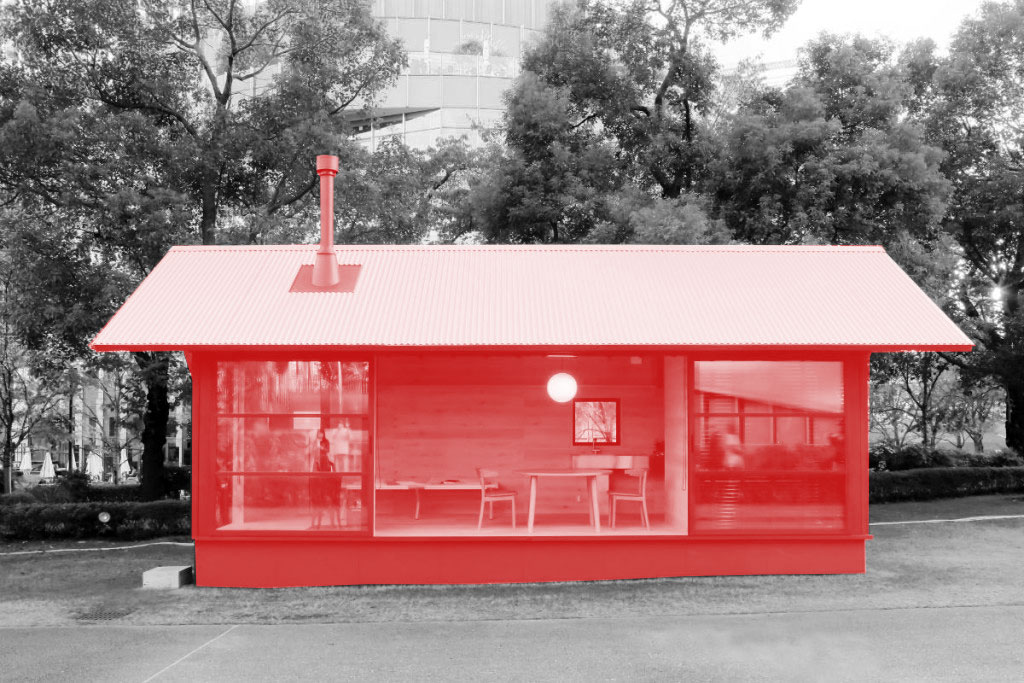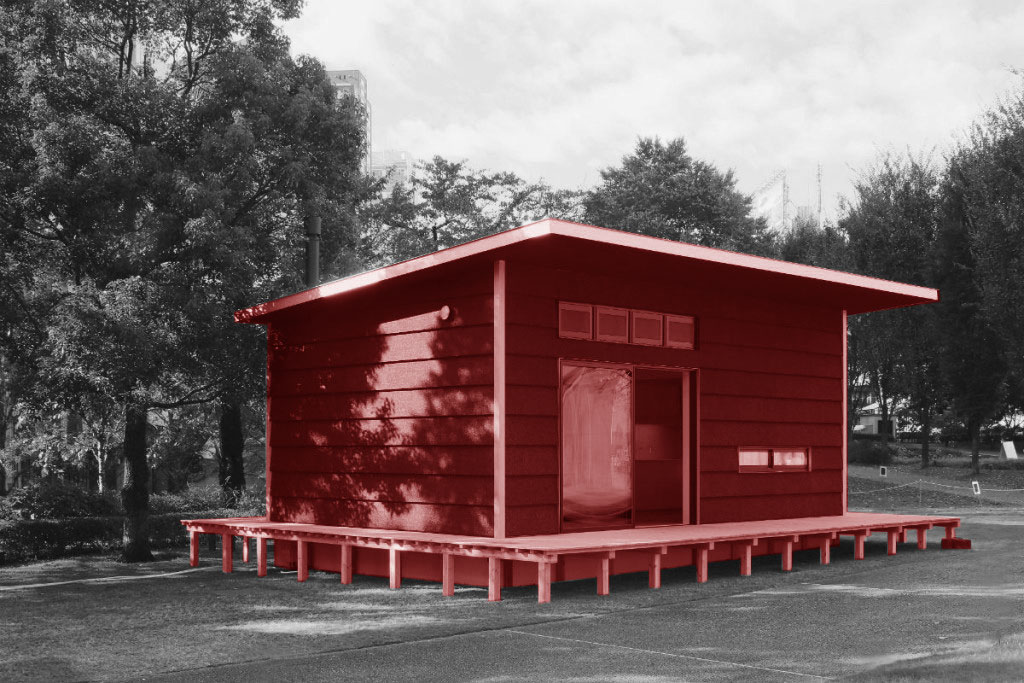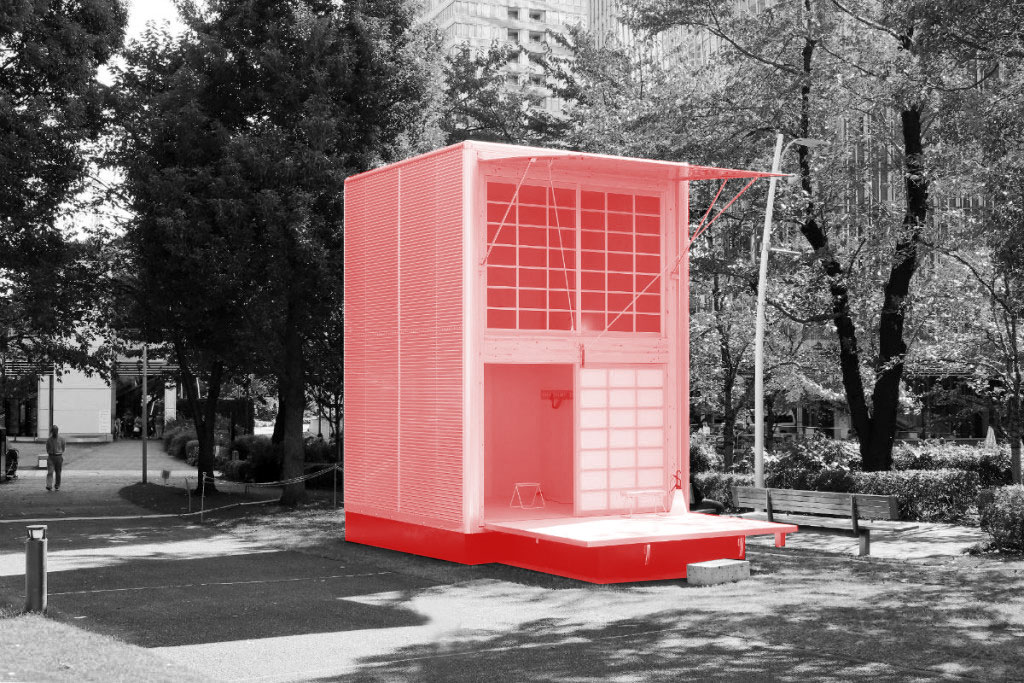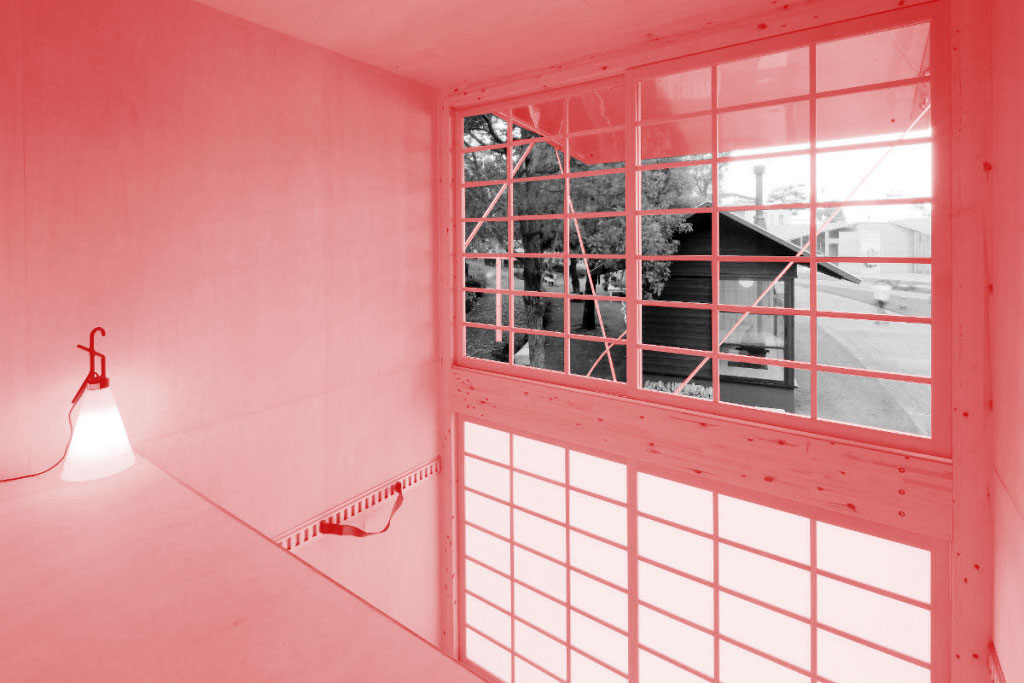INTERIOR
The Democratisation of Design (II): MUJI #Muji
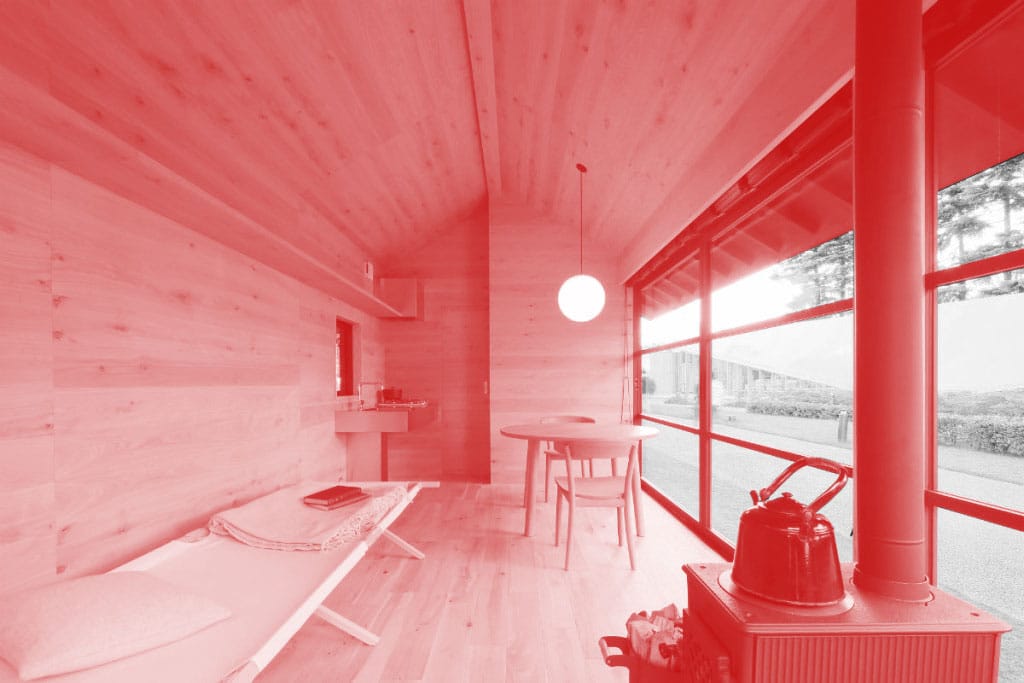
Unlike other brands, the Japanese firm Muji, that manufactures affordable houseware and furniture without recognisable labels, doesn’t try to answer to the varying taste of the consumer, but to its own brand concept. The main feature of Muji’s products is a concise aesthetic, without ornaments, characterised by simplicity, functionality and ecologic manufacture.
The name MUJI is the contraction of mujirushi ryóhin, which means “quality products without brand”.
Although it is perfectly designed by renowned designers such as Naoto Fukasawa, Jasper Morrison, James Irvine or Sam Hecht, the furniture produced by Muji tries to develop a kind of design that combines the traditional Japanese aesthetics with a contemporary design of quality.
Muji has lately added to its catalogue some prefab houses that follows the same spirit than the rest of its products. Kengo Kuma is the author of the Window House and the Tree House. Also Shigeru Ban designed a version of his Furniture House using Muji’s modular storage system.
Muji asked three of its usual designers to develop three hut prototypes for the Tokio Design Week 2015: Konstantin Grcic’s Aluminium Hut, Jasper Morrison’s Cork Hut and Naoto Fukasawa’s Wooden Hut. These prefab dwellings, as well as Muji’s furniture, imply an attempt to make affordable for most of people an absolutely contemporary design made by top-class designers that intentionally looks for a spirit of normality and familiarity.

